


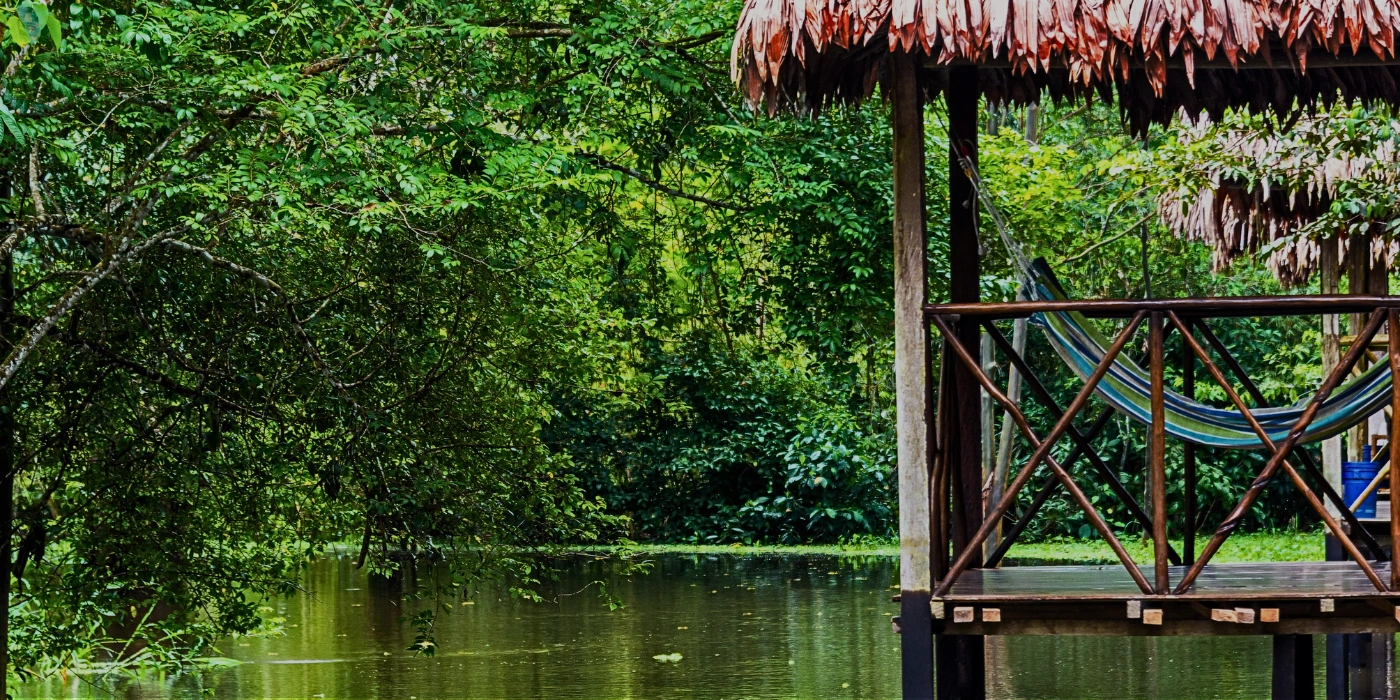
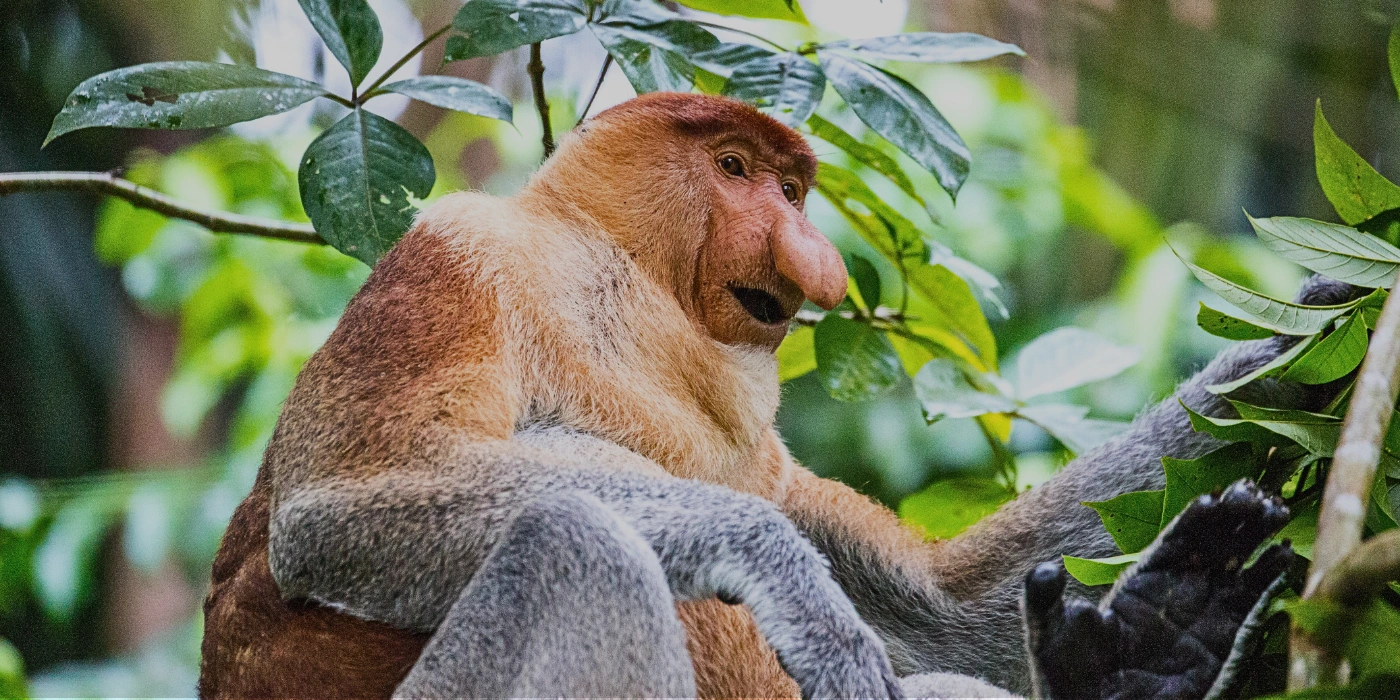

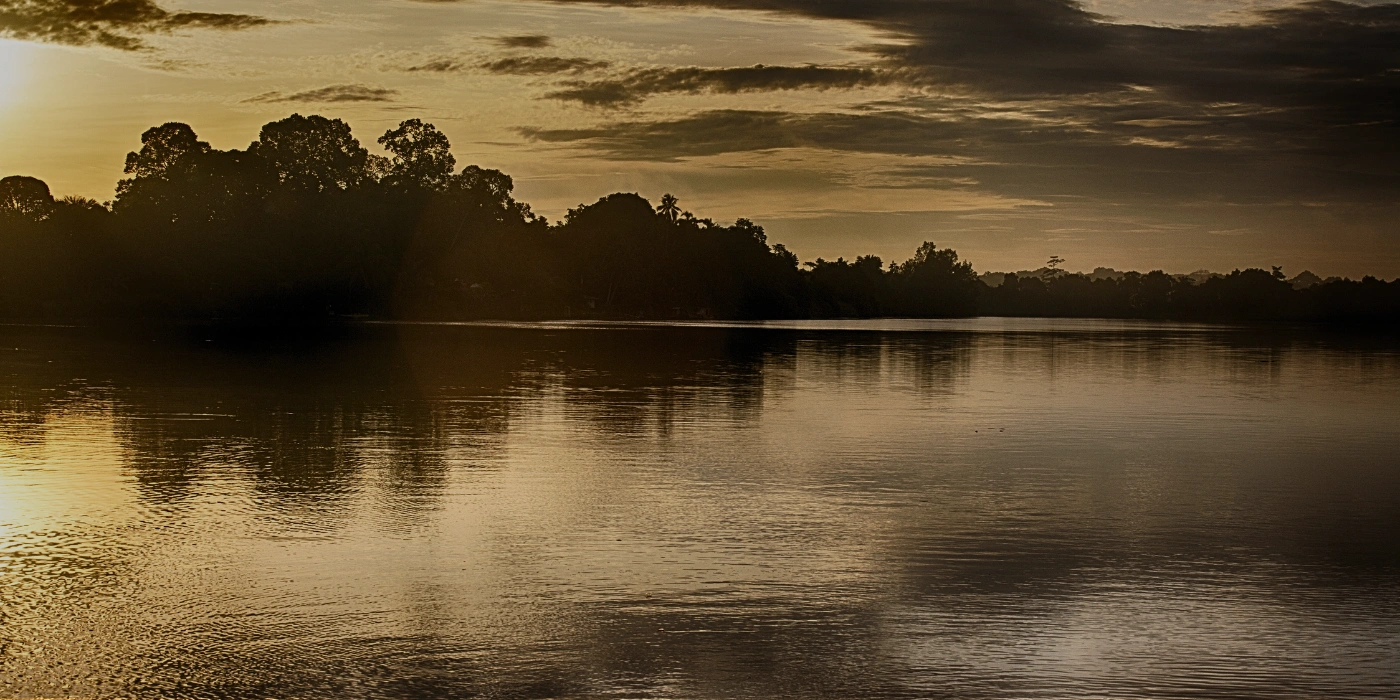
Sustainable travel in Kinabatangan refers to eco-conscious tourism practices that minimize environmental impact, support local communities, and protect the region’s rich biodiversity. This includes staying at eco-lodges, booking ethical wildlife tours, and respecting local cultures and natural habitats.
Kinabatangan is one of Borneo’s most biologically diverse ecosystems, home to endangered species like the Bornean orangutan. It offers a unique opportunity for travelers to explore nature responsibly while contributing to conservation and sustainable development efforts.
Choose operators that practice sustainable travel in Kinabatangan by limiting group sizes, avoiding animal feeding, employing local guides, and partnering with conservation organizations.
The dry season from March to October is ideal for river cruises and wildlife sightings, but even the wet season offers rewarding experiences with fewer crowds. Regardless of timing, responsible behavior is key to maintaining the area’s ecological balance.
For a responsible adventure, pack reusable water bottles, biodegradable toiletries, neutral-colored clothing, insect repellent without DEET, and eco-friendly sunscreen. Packing light and avoiding single-use plastics align with the values of sustainable travel in Kinabatangan.




Quick Navigation
Toggle

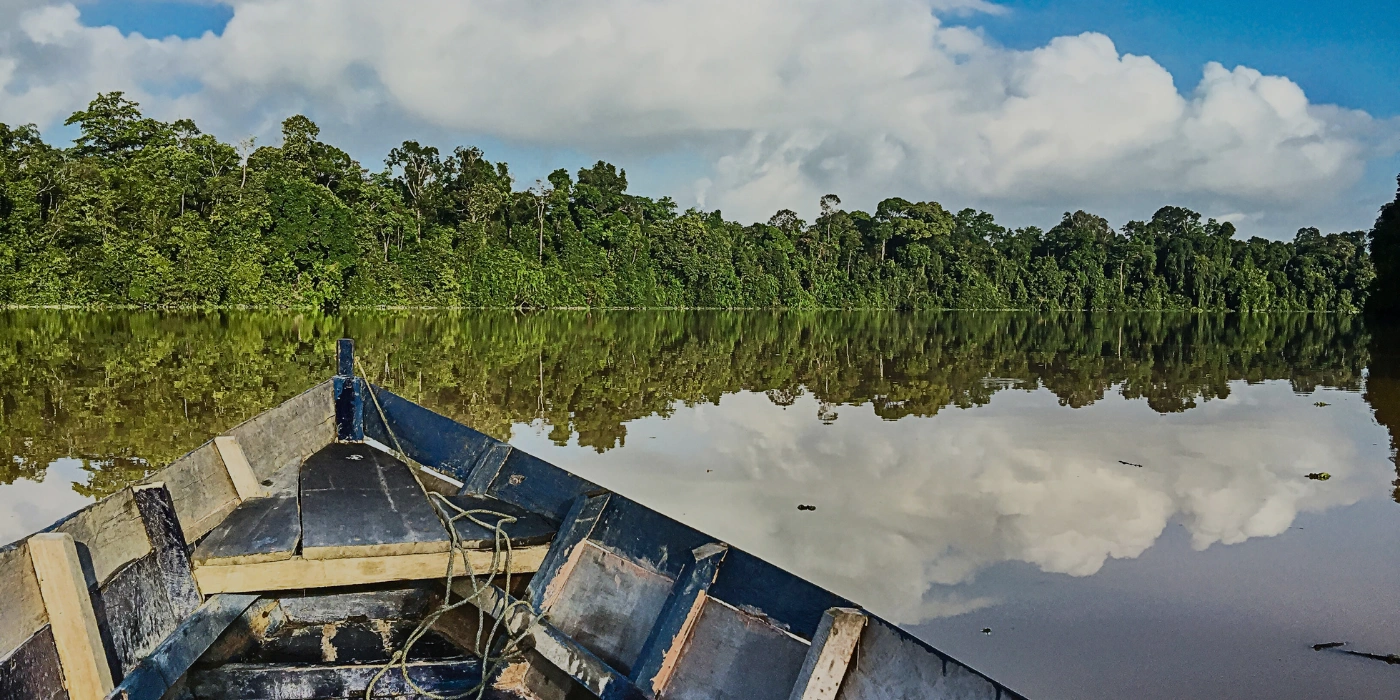
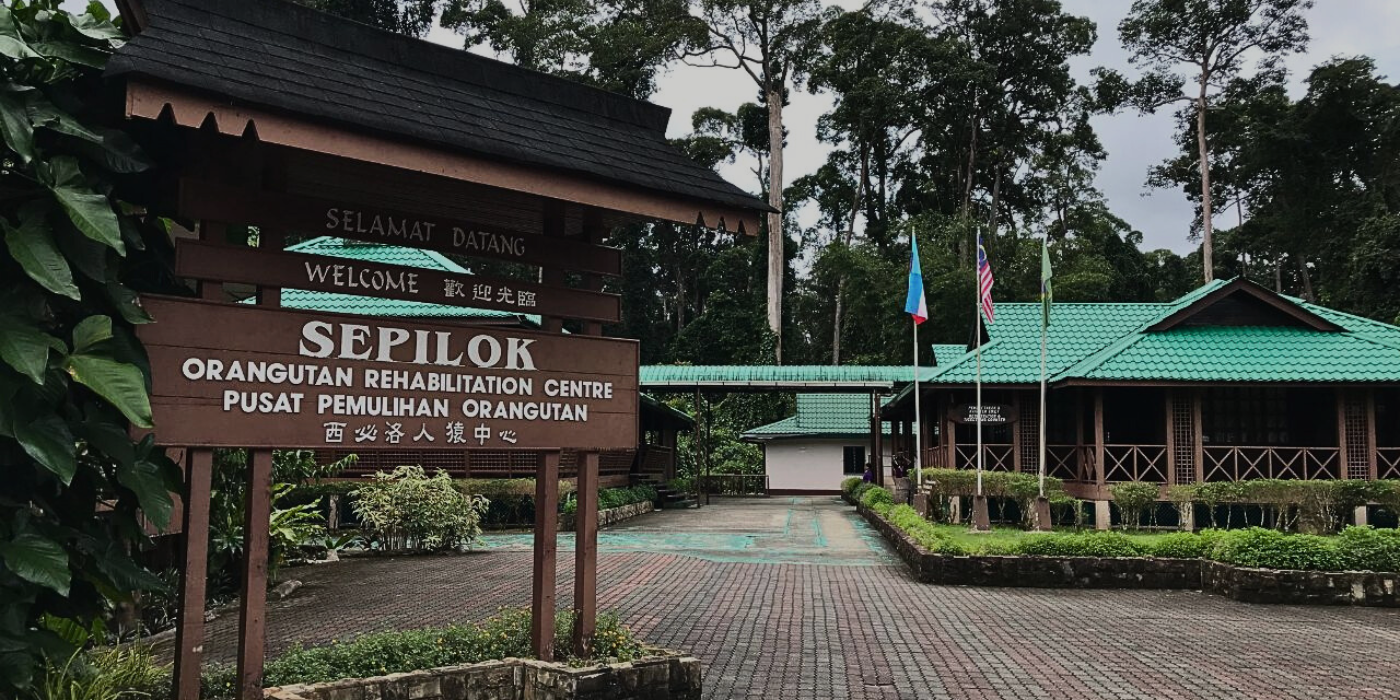


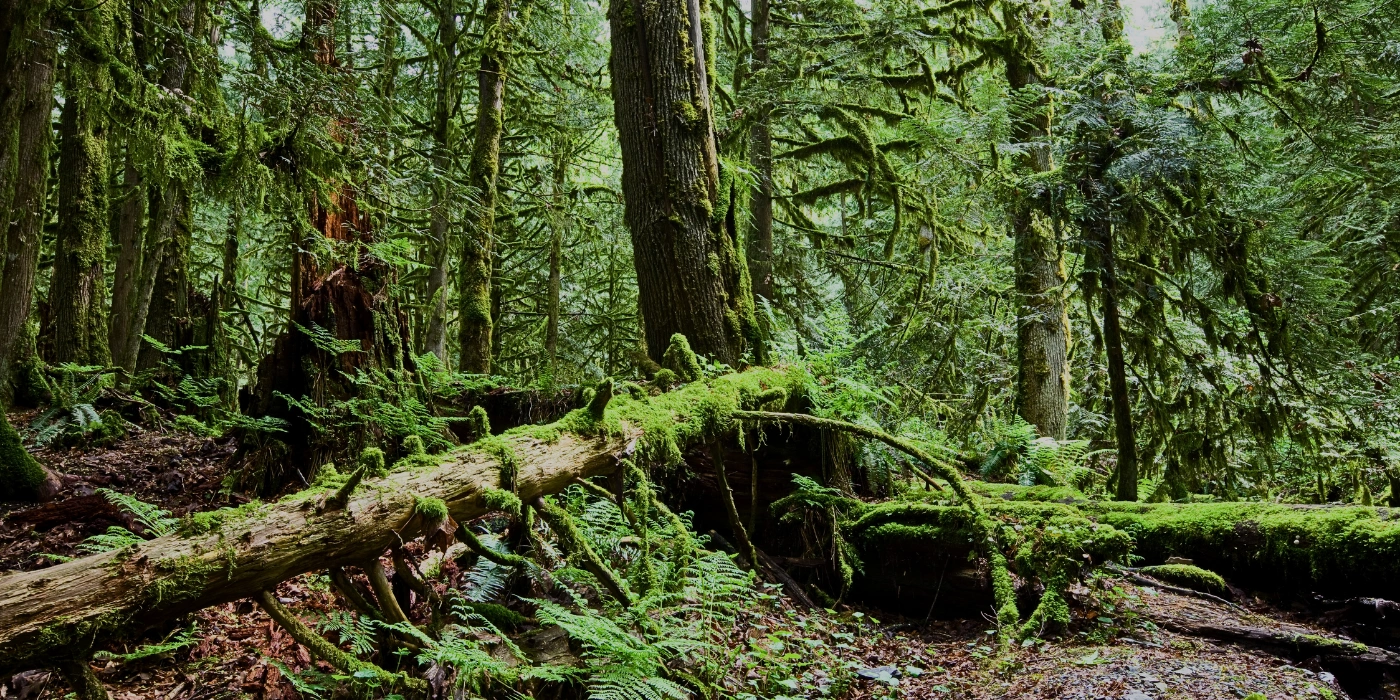
Explore Nature. Embrace Conservation. Experience Malaysia
Top Destination
Follow Us
Payment channels

To improve your experience, we use cookies to store and access device data. You can accept all cookies, customize your choices, or decline non-essential ones. Learn how we use cookies in our Cookie Policy